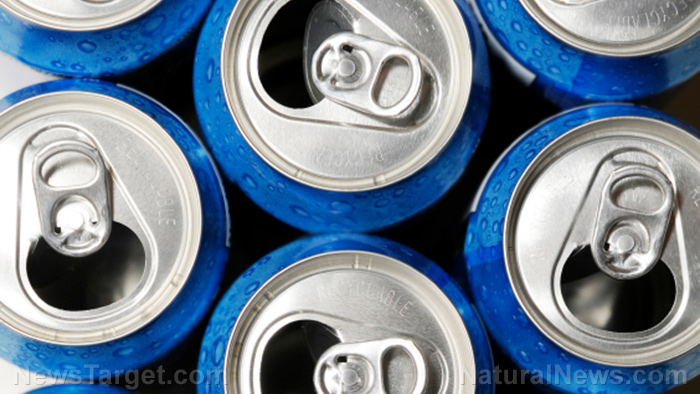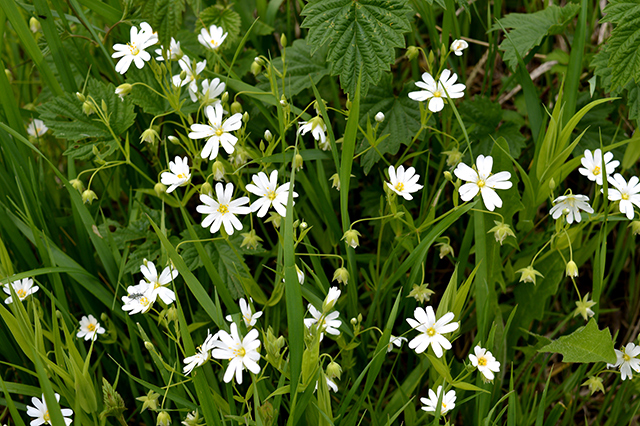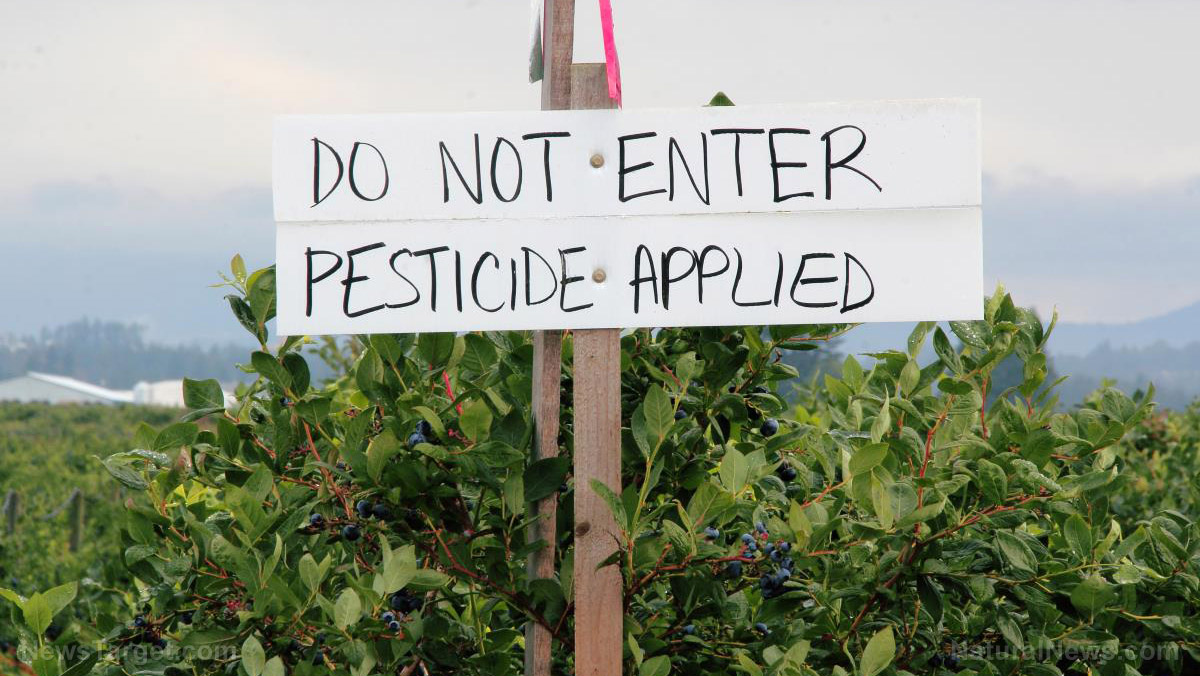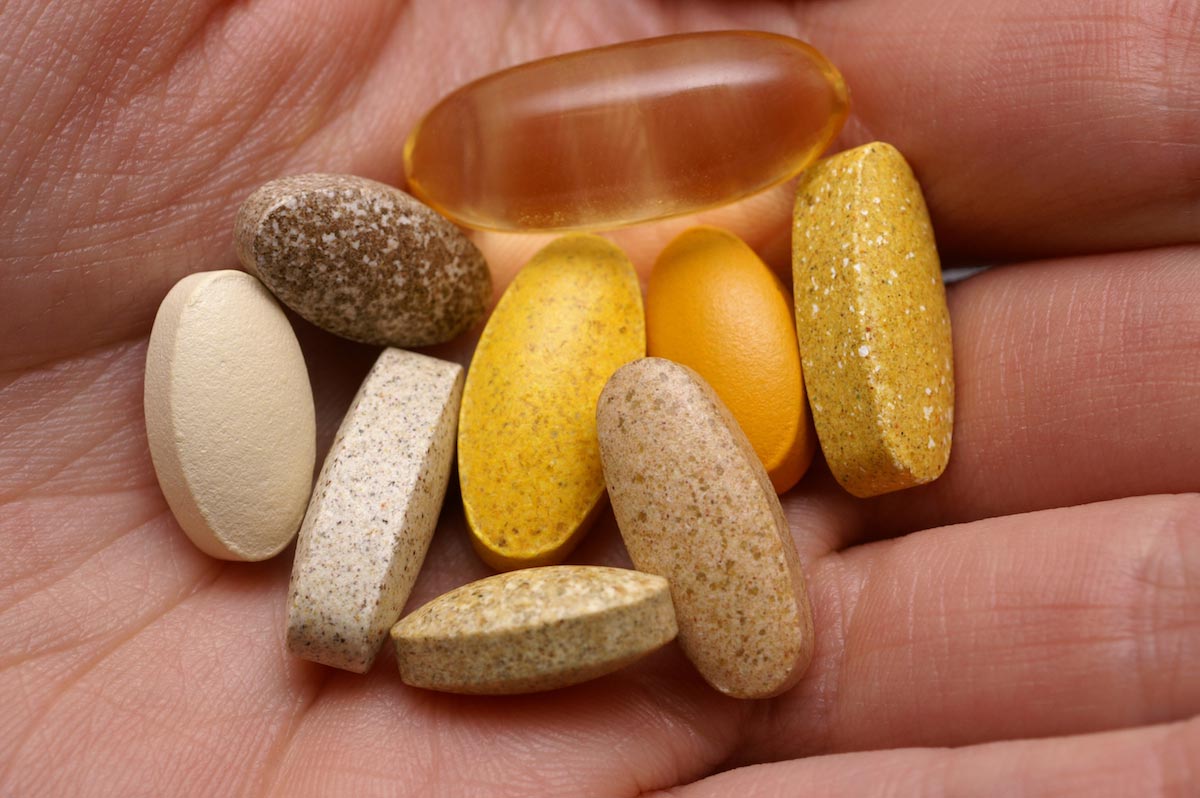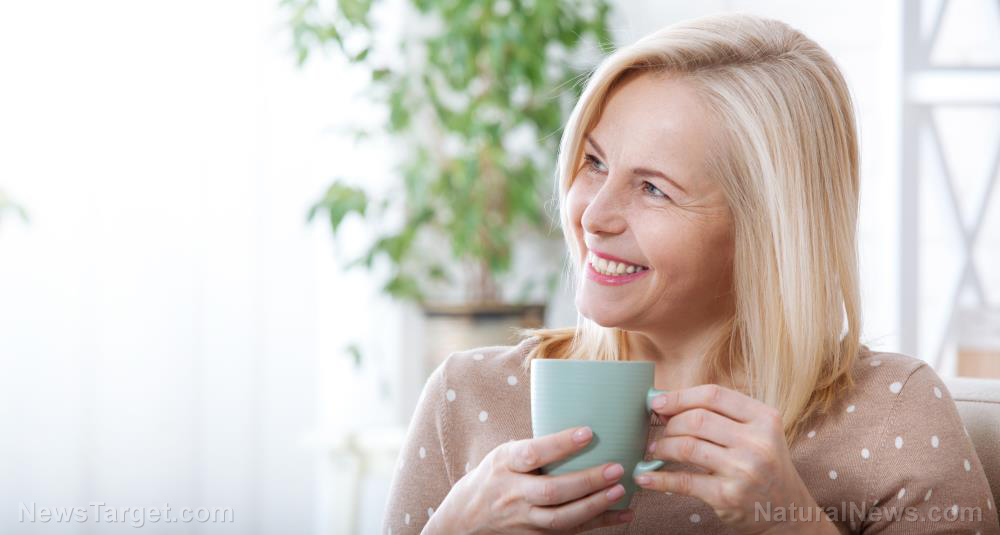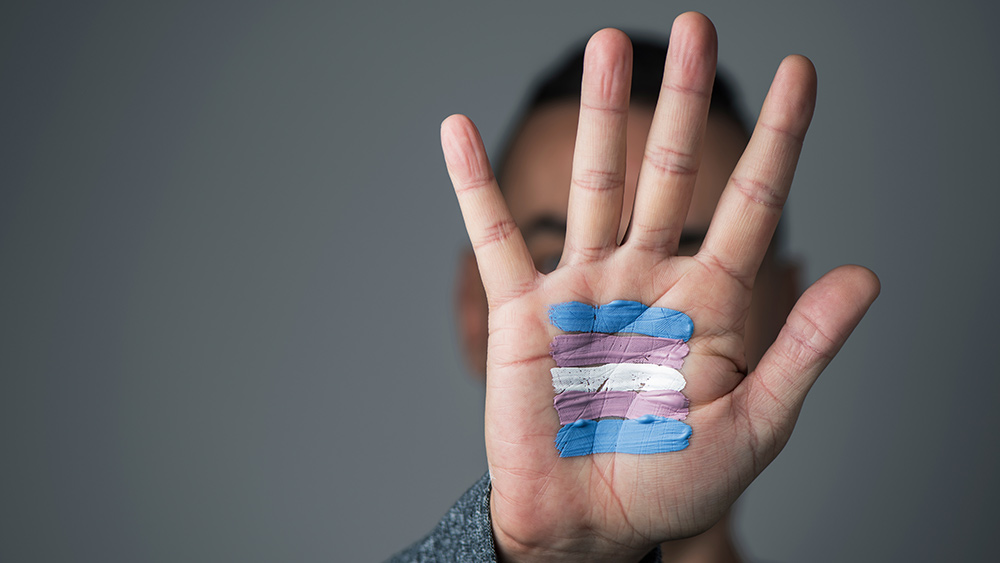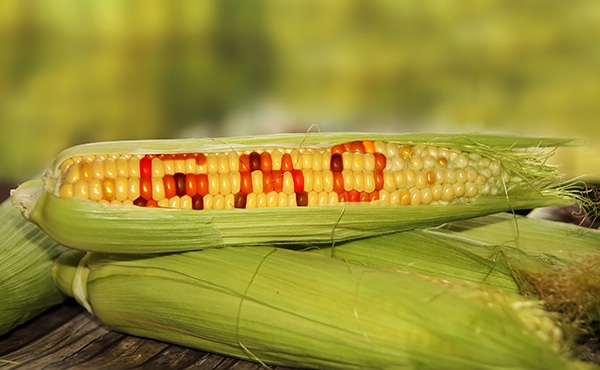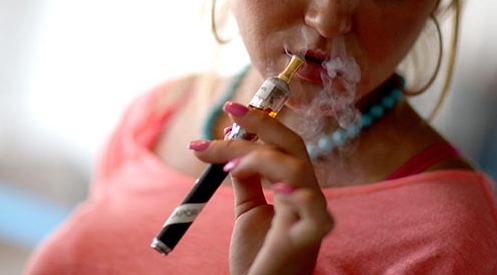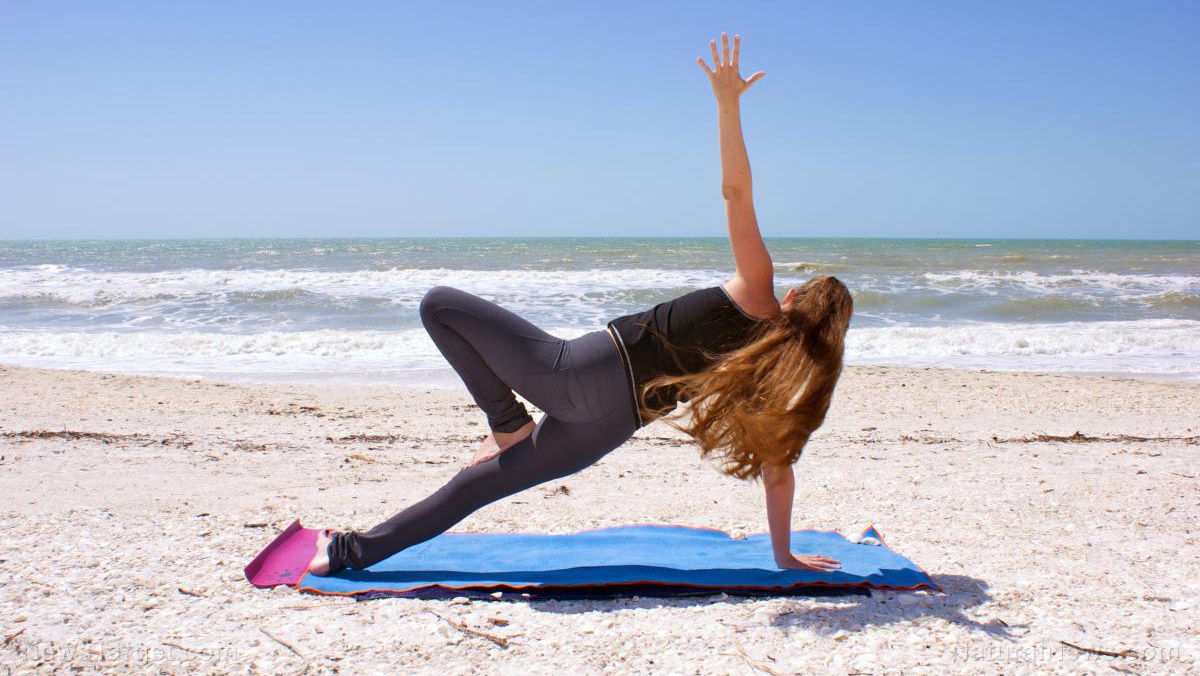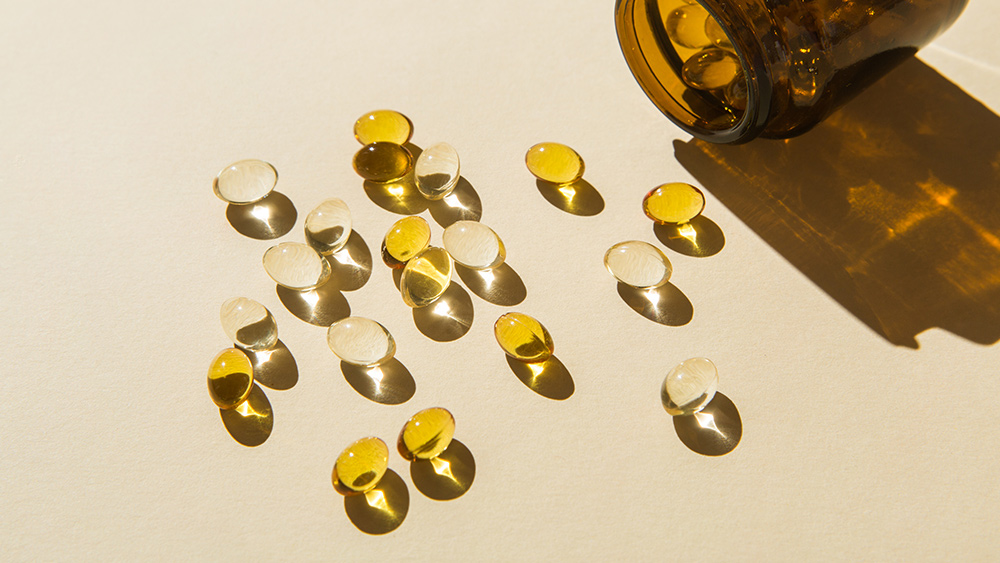Frank K. Wood examines a new path to better health with “Natural Remedies and Gentle Medicines”
07/18/2025 / By Kevin Hughes
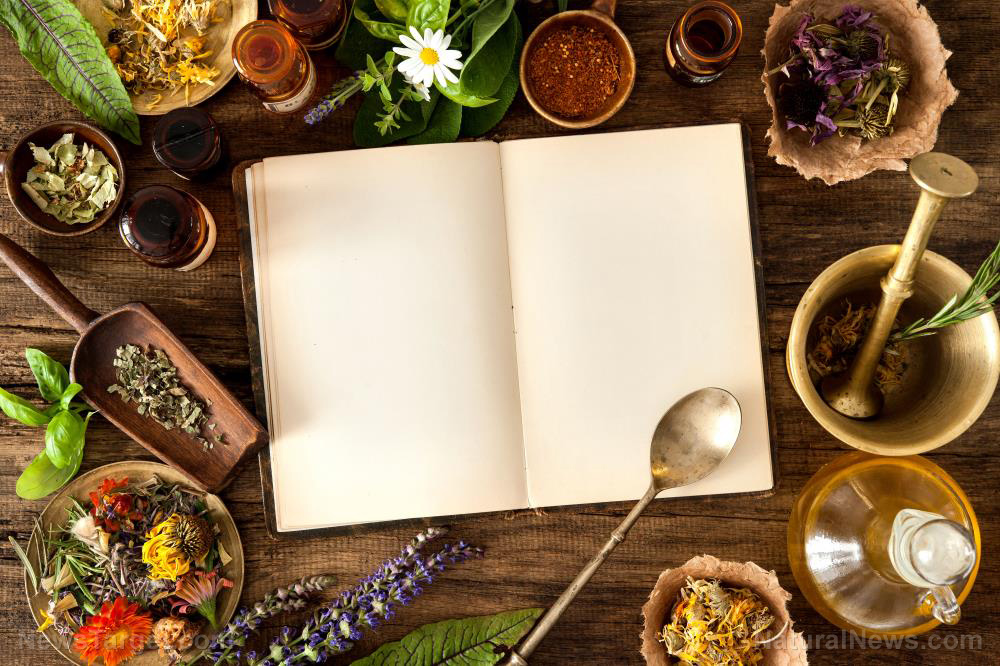
- The book “Natural Cures and Gentle Medicines That Work Better Than Dangerous Drugs or Risky Surgery” by Frank K. Wood explores the increasing trend of seeking natural alternatives to conventional medications, offering insights into effective and less risky health solutions.
- Acne affects 81 percent of individuals aged 15 to 44, highlighting the need for effective, long-term solutions. Contrary to popular belief, acne doesn’t always resolve on its own, and prompt treatment can prevent emotional distress and physical scarring.
- Wood advises washing the face twice daily with mild, unscented soap and warm water, and suggests a homemade cleanser of lemon juice and egg whites. He dispels the myth that diet significantly impacts acne and warns against the risks of sun exposure for temporary relief, recommending oil-free sunscreen instead.
- For those tempted to squeeze pimples, Wood suggests natural alternatives like ice cubes, potato slices, toothpaste or lemon slices. He also discusses the use of peeling agents and topical antibiotics, noting their potential side effects, and highlights the serious risks associated with oral medications like isotretinoin.
- Wood provides tips for managing allergies naturally, such as using sunlight to kill dust mites and controlling mold with bleach. He emphasizes the importance of hydration and increased salt intake as natural antihistamines. For Alzheimer’s prevention, he recommends limiting zinc and aluminum exposure, taking B vitamins and staying mentally active.
In a world where the shelves of pharmacies are lined with an overwhelming array of medications, many individuals are seeking alternatives to conventional treatments.
A recent exploration of the book “Natural Cures and Gentle Medicines That Work Better Than Dangerous Drugs or Risky Surgery” by Frank K. Wood, sheds light on this growing trend. It offers insights into natural remedies and lifestyle changes that can be more effective and less risky than traditional medical interventions.
Acne, a condition often associated with adolescence, affects a significant portion of the adult population as well. According to a survey, 81 percent of those with acne are between 15 and 44 years old. This statistic underscores the need for effective, long-term solutions that go beyond the temporary fixes often touted by popular culture.
One of the most pervasive myths about acne is that it will resolve on its own. While some breakouts do clear up without intervention, prompt treatment can prevent both emotional distress and physical scarring. Wood recommends tea tree oil as a natural alternative to benzoyl peroxide, citing a study that found a five percent tea tree oil gel to be equally effective but with fewer side effects.
Another common misconception is that acne is caused by dirt. In reality, it is the result of overactive oil glands and dead skin cells. Wood advises washing the face twice daily with mild, unscented soap and warm water, emphasizing that harsh scrubbing can exacerbate the problem. He also suggests a homemade cleanser of barely warm lemon juice and egg whites, stored in the fridge for freshness.
Wood dispels the myth that diet plays a significant role in acne. While a balanced diet is important, foods like chocolate and pizza are not direct causes. He also warns against the belief that sunlight helps acne, noting that tanning may provide temporary relief but the long-term risks of sun exposure are not worth it. Instead, he recommends using an oil-free sunscreen.
For those tempted to squeeze pimples, Wood advises against it as this can lead to redness, swelling and scarring. He suggests natural treatments such as ice cubes, potato slices, toothpaste or lemon slices as alternatives.
Dermatologists often prescribe peeling agents like benzoyl peroxide, tretinoin or salicylic acid, which can be effective but may cause dryness and redness. Topical antibiotics such as clindamycin or erythromycin can reduce bacteria and inflammation but may lead to dryness and increased sun sensitivity.
Allergies, the most common chronic disease, account for one in 40 doctor visits. Wood offers several tips to manage allergies naturally. Using sunlight to kill dust mites, applying tannic acid solutions to carpets and rugs, and controlling mold with bleach are among the strategies he suggests. He also advises staying indoors during high pollen times, wearing a mask during yard work, and showering after outdoor activities to remove pollen.
Wood emphasizes the importance of hydration, citing Dr. Fereydoon Batmanghelidj’s recommendation to drink six to eight 8-ounce glasses of water daily to prevent histamine release. He also suggests increasing salt intake as salt is a natural antihistamine.
While there is no cure for Alzheimer’s disease, Wood discusses several ways to reduce risk. These include limiting zinc intake to 15 mg daily, having water tested for aluminum, and taking B vitamins, particularly folic acid, to reduce homocysteine levels.
He also recommends vitamin E and ginkgo biloba extract, which may slow the progression of the disease in some individuals. For postmenopausal women, estrogen replacement therapy may lower risk, and staying mentally active is linked to a lower incidence of Alzheimer’s.
In conclusion, the insights from Wood’s book highlight the potential of natural remedies and lifestyle changes in promoting better health. By debunking common myths and providing practical advice, Wood encourages readers to take a proactive approach to their well-being. As people continue to navigate the complexities of modern healthcare, these natural solutions offer a promising path to a healthier life.
Watch this video about Frank K. Wood’s book “Natural Cures and Gentle Medicines That Work Better Than Dangerous Drugs or Risky Surgery.”
This video is from the BrightLearn channel on Brighteon.com.
Sources include:
Submit a correction >>
Tagged Under:
acne, alternative medicine, balanced diet, Frank K. Wood, healing, health science, lifestyle changes, natural cures, natural health, natural medicine, natural remedies, Naturopathy, prevention, remedies, Tea Tree Oil, tips
This article may contain statements that reflect the opinion of the author

